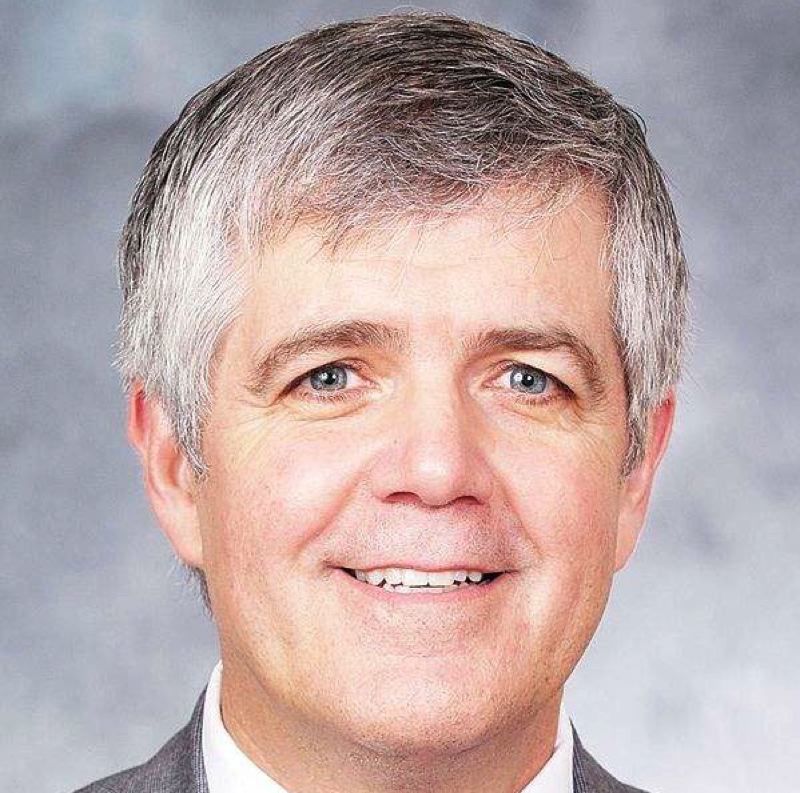Even sponsor won’t push ‘no brainer’ drug testing bill
Published 8:00 am Thursday, January 19, 2017

- STATE OF OREGON - Rep. Cliff Bentz
A bill proposal submitted by State Rep. Cliff Bentz, R-Ontario, on behalf of one of his constituents would require random drug testing of recipients of federal benefits who have also been convicted of a drug felony.
The proposal submitted to the Oregon House, HB 2490, says that people convicted of drug possession or distribution in the state would have to submit to drug testing and get treatment as a condition of receiving federal benefits, called Temporary Assistance for Needy Families (TANF).
But it’s unlikely that the bill is going to get much advocacy — from its sponsor, its requestor, or the House Republicans. With a majority-Democratic Legislature and governor, it also seems improbable that such efforts would get off the ground.
Oregon has one of the more robust welfare programs in the country, a fact that was highlighted by national media outlets last year on the 20th anniversary of federal welfare reform. TANF funds are distributed to states in the form of block grants, and so implementation varies from state to state.
According to an Oregon DHS spokesman, the agency doesn’t collect information on which recipients of TANF are convicted of felonies or other crimes, making the first practical hurdle of the concept figuring out exactly who would be tested.
It’s also worth pointing out that people convicted of drug felonies likely already have to comply with rehabilitation or treatment as a condition of parole or probation.
Further complicating the picture, the federal government bans states from providing welfare to recipients who have been convicted of a drug felony — but states can opt out of the ban, which, presumably, Oregon has, if it’s Department of Human Services is not tracking who has been convicted of crimes.
Other states that have passed measures similar to HB 2490 have grappled with the high costs of accurate drug testing, and some have faced legal challenges by civil liberties groups.
That hasn’t deterred the bill’s requestor, Ron Edge, a Baker City resident.
Edge says he is a combat veteran, retired from a career in manufacturing, and currently relies on social security for most of his income.
He contends the concept is only fair and asserts taxpayer money is “subsidizing” illegal drug use — but he doesn’t plan to lobby for the bill.
“I see this as no-brainer legislation,” Edge said.
For his part, Bentz said Tuesday that it’s up to Edge to do the initial lobbying.
“If Ron came in and said, ‘Here’s what I’m trying to do, and here’s how I’m going to help, and here’s the lobbyist that would support us,’ then I’d revisit the concept,” said Bentz.
A spokesman for the House Republican Caucus told the Oregon Capitol Insider in an email that, with over 700 bills filed in the House, “it is too early to determine what level of support this legislative concept will receive.” In other words, it’s not a priority.
Edge’s is one of dozens of proposals Bentz says he has authored on behalf of constituents just this year; and it isn’t among Bentz’s top priorities for his district, which stretches across five counties in Eastern Oregon.
Bentz says he’s focused on balancing the state budget, nailing down a transportation package and advocating for more water storage facilities in his district to preempt drought.
While Bentz doesn’t necessarily disagree with the idea of providing drug rehabilitation to specific recipients of welfare as the bill says, one of the details that needs sorting out is where money for such a program would come from.
“Sure, we need to help people get assistance if they need it but we also need to have the money available for it,” Bentz said.
The representative said that in the past he’s drafted bills for constituents regarding concepts or ideas that he has disagreed with.
“And the same is true for other legislators that bring bills for their constituents,” Bentz said. “That’s one of the functions of the legislator, to open the door of what is a pretty complex process to their constituents, whether the legislator agrees with the constituent or not.”





